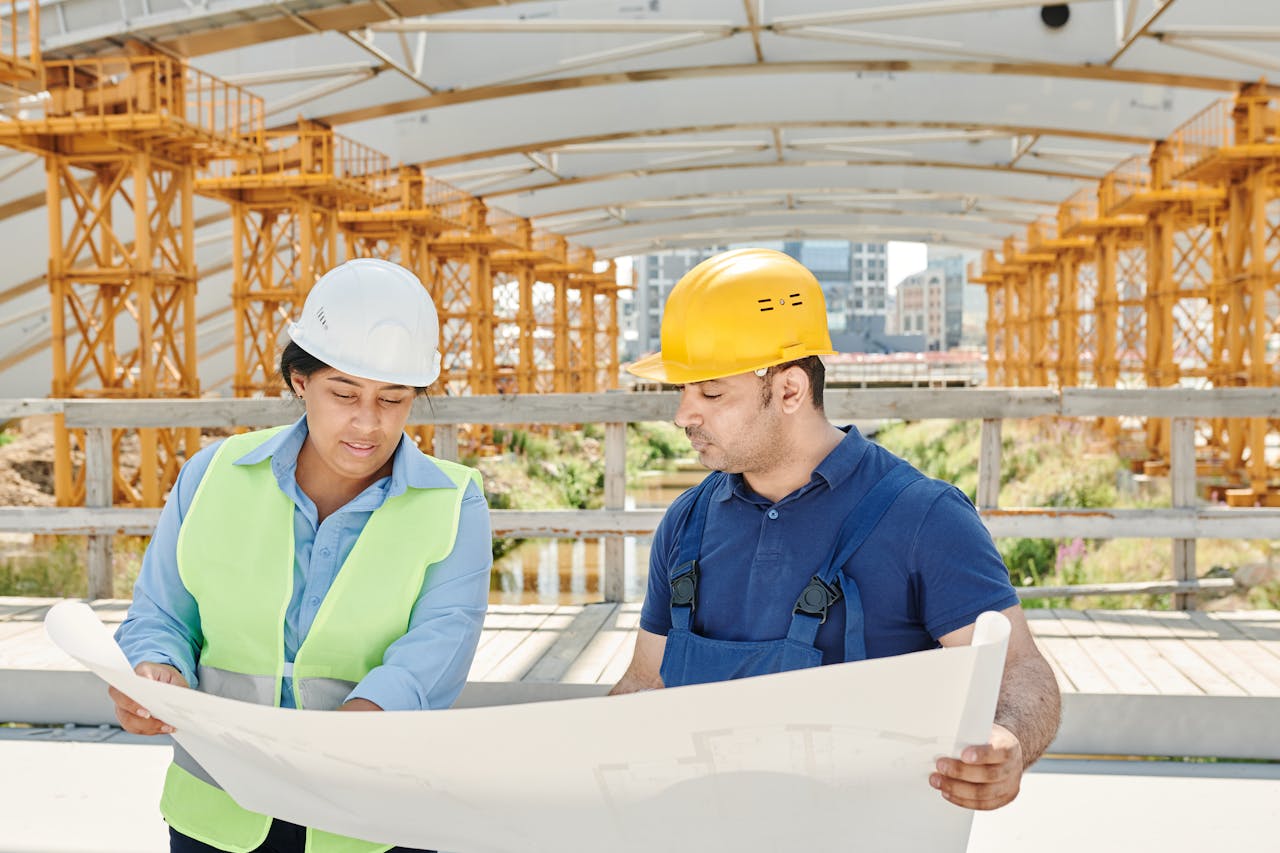How to Find a Good Builder or Contractor
Whether you’re a homeowner embarking on a renovation, a real estate developer handling large-scale projects, or a project manager overseeing construction endeavors, choosing the right builder contractor is critical. This guide will provide you with practical tips to identify a trustworthy and competent professional to meet your construction needs.
Evaluating Key Criteria for Builders and Contractors
Reputation and Experience
The builder’s reputation is a strong indicator of the quality of work you can expect. Look for contractors who have a solid track record in the industry. Years of experience often translate to invaluable knowledge about construction challenges and solutions. Check online reviews, ask for recommendations from friends or colleagues, and consider talking to previous clients to get a sense of their satisfaction levels.
Licensing and Insurance
It’s vital to verify that the builder has the necessary licenses and insurance. This not only protects you legally but also ensures that the builder is qualified to perform the work. Insurance is crucial to cover any accidents or damages that might occur during the construction process.
Transparent Cost Estimates
A reliable contractor will provide a clear and detailed cost estimate without hidden charges. Be wary of estimates that seem too good to be true, as these may lead to unexpected costs down the line. Discuss the budget thoroughly and ensure all potential expenses are highlighted in the quote.
Portfolio and References
Assessing a contractor’s portfolio gives you insight into their style and the quality of their completed projects. Ask for references and follow up with them to get firsthand feedback on their experiences. This will help you gauge the builder’s ability to deliver on their promises.
Adherence to Timelines
Time management is essential in construction projects. A reliable contractor should provide realistic timelines and strive to meet them. Delays can lead to increased costs and inconvenience, so it’s crucial to select someone known for punctuality and efficiency.
Communication and Responsiveness
Effective communication is fundamental in maintaining a smooth workflow. The builder should be easy to reach and responsive to your queries and concerns. Clear communication helps prevent misunderstandings and keeps the project on track.
Use of Quality Materials
Ensure that the contractor uses high-quality materials that comply with industry standards. This affects the durability and safety of the finished project. Discuss material options and preferences before the project starts to avoid any compromises on quality.
Safety and Staff Training
Construction sites can be hazardous; therefore, it’s important that the builder prioritizes safety. Regular training for staff and adherence to safety protocols will mitigate risks and protect everyone involved.
Knowledge of Local Building Codes
Compliance with local building codes and regulations is non-negotiable. The contractor must be well-versed in these laws to ensure that the construction meets all legal requirements, preventing costly modifications or penalties later.
Comprehensive Contract
Finally, insist on a written contract that covers all aspects of the project, including scope, timelines, costs, and payment schedules. This document serves as a legal safeguard and ensures that both parties have a mutual understanding of expectations.
Avoiding Common Pitfalls
When selecting a builder or contractor, it’s crucial to avoid common mistakes that could lead to complications. Neglecting licenses and insurance can result in legal and financial issues, so always confirm the builder’s credentials before proceeding. Choosing based on price alone can also be problematic, as the lowest bid might mean cutting corners or using subpar materials, leading to poor workmanship and future repairs. Overlooking contract details is another pitfall, as contracts protect your interests; review all terms carefully to prevent disputes, and seek legal advice if necessary. Ignoring references can leave you with an unreliable contractor, so always check for insights into the builder’s reliability and work quality. Finally, establish a clear communication plan from the start to avoid misunderstandings, setting expectations for updates and progress reports.
By considering these criteria and being aware of potential pitfalls, you can make a well-informed decision when selecting a builder or contractor. This diligence will help ensure that your construction project is successful, on time, and within budget.

